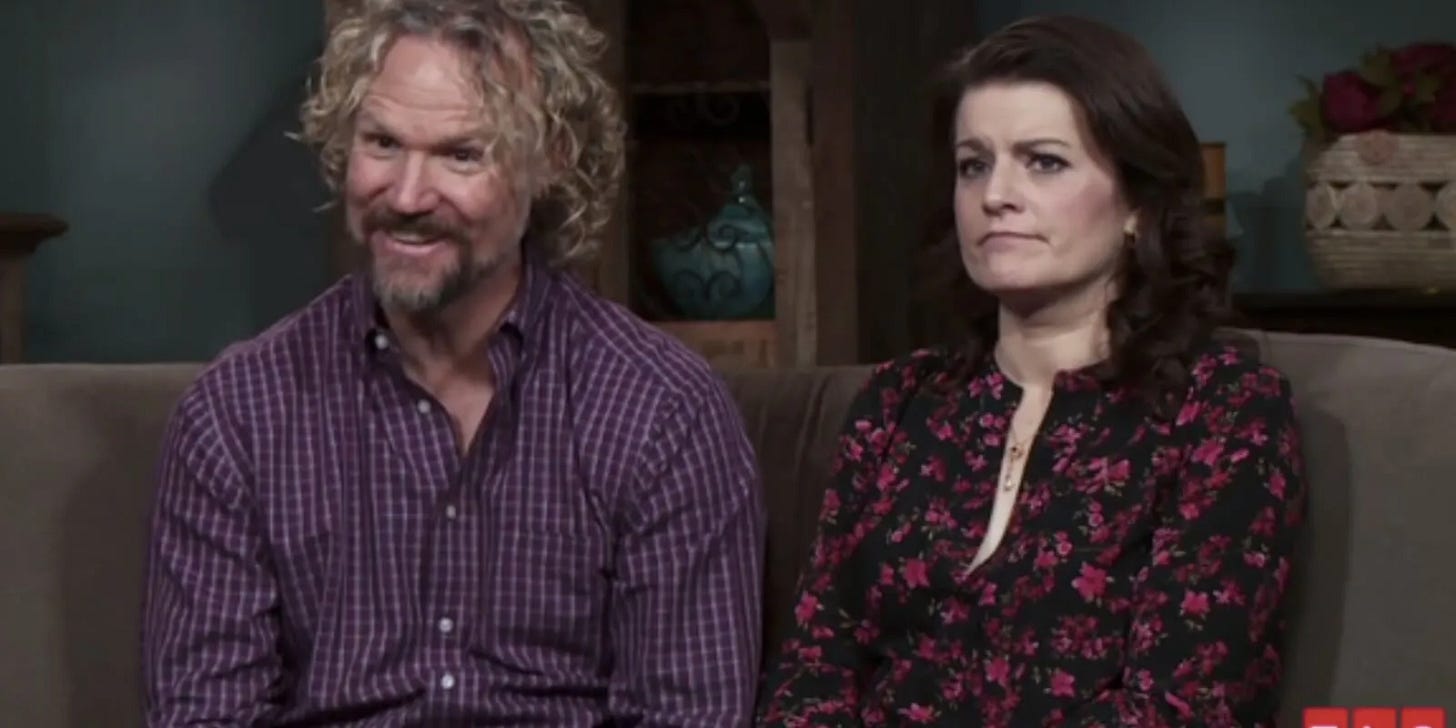What Men Want
a childhood hypothesis tested on reality TV
As a child growing up in a non-denominational, deeply eccentric church—imagine something like the documentary Jesus Camp, but dialed up a notch—I was relentlessly taught about marriage, men, and women. The core message was simple and unyielding: all men want the same thing. My future, I was told, hinged on my ability to offer it. First, I would need to secure a husband by broadcasting my willingness to provide this elusive "it." Then, my life’s work would be to ensure he received it—consistently and enthusiastically.
What was this “it”? Submission. Deference. Flattery. Performative inequality. I was to make sure my husband knew—and never forgot—that I was his inferior in every way: intellectually, spiritually, and morally. My role would be to embrace this inferiority, to worship it as a virtue, and to live in perpetual obedience.
By the time I was nine or ten, I’d formed a hypothesis about what I was being taught. Perhaps the pastors and teachers were right about a certain kind of man—maybe even a majority of men—but those were not the kind of men I wanted in my life. Why? Because the version of womanhood they insisted upon would doom me to a lifetime of subservience to precisely the sort of man I wanted to avoid.
A reality TV show unexpectedly presented a near-perfect opportunity to test my hypothesis, and this essay explores both the experiment and its results.
Keep reading with a 7-day free trial
Subscribe to Holly’s Substack to keep reading this post and get 7 days of free access to the full post archives.


